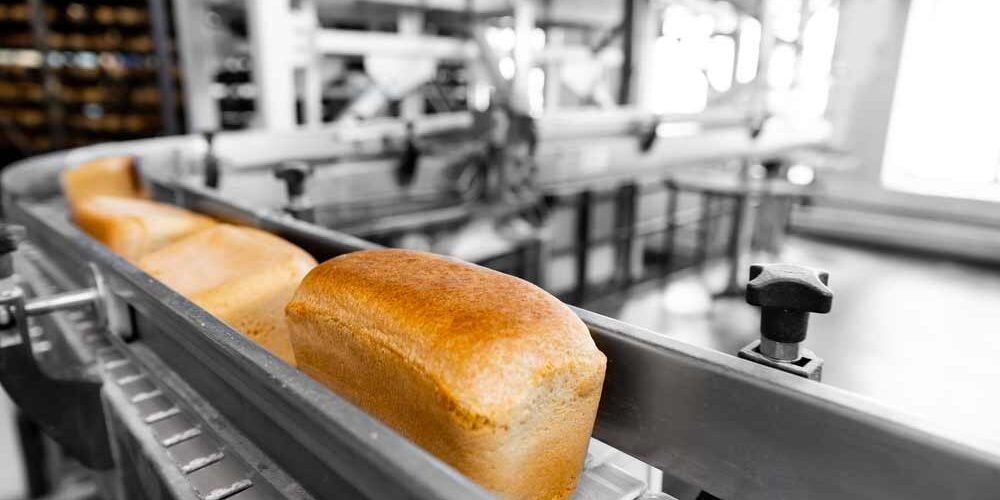A bread-making plant, also known as a bread manufacturing facility, is an industrial setup specifically designed for the large-scale production of bread. This facility is equipped with various types of machinery and systems that handle the entire bread production process, from raw material handling to mixing, fermenting, baking, cooling, and packaging. Here’s a comprehensive overview of what constitutes a bread-making plant:
A bread-making plant is an industrial establishment equipped with machinery and infrastructure designed to produce bread through a series of standardized processes, including mixing, fermenting, baking, cooling, and packaging, while adhering to food safety and quality standards.
The primary purpose of a bread-making plant is to produce high-quality bread efficiently and in large quantities to meet consumer demand. The facility aims to achieve consistent quality, maximize production capacity, and maintain cost-effectiveness while ensuring compliance with food safety and regulatory requirements.
A bread-making plant is a sophisticated industrial operation designed to transform raw ingredients into finished bread through a systematic and controlled manufacturing process. The facility ensures high standards of quality, safety, and efficiency, enabling the mass production of a staple food product

